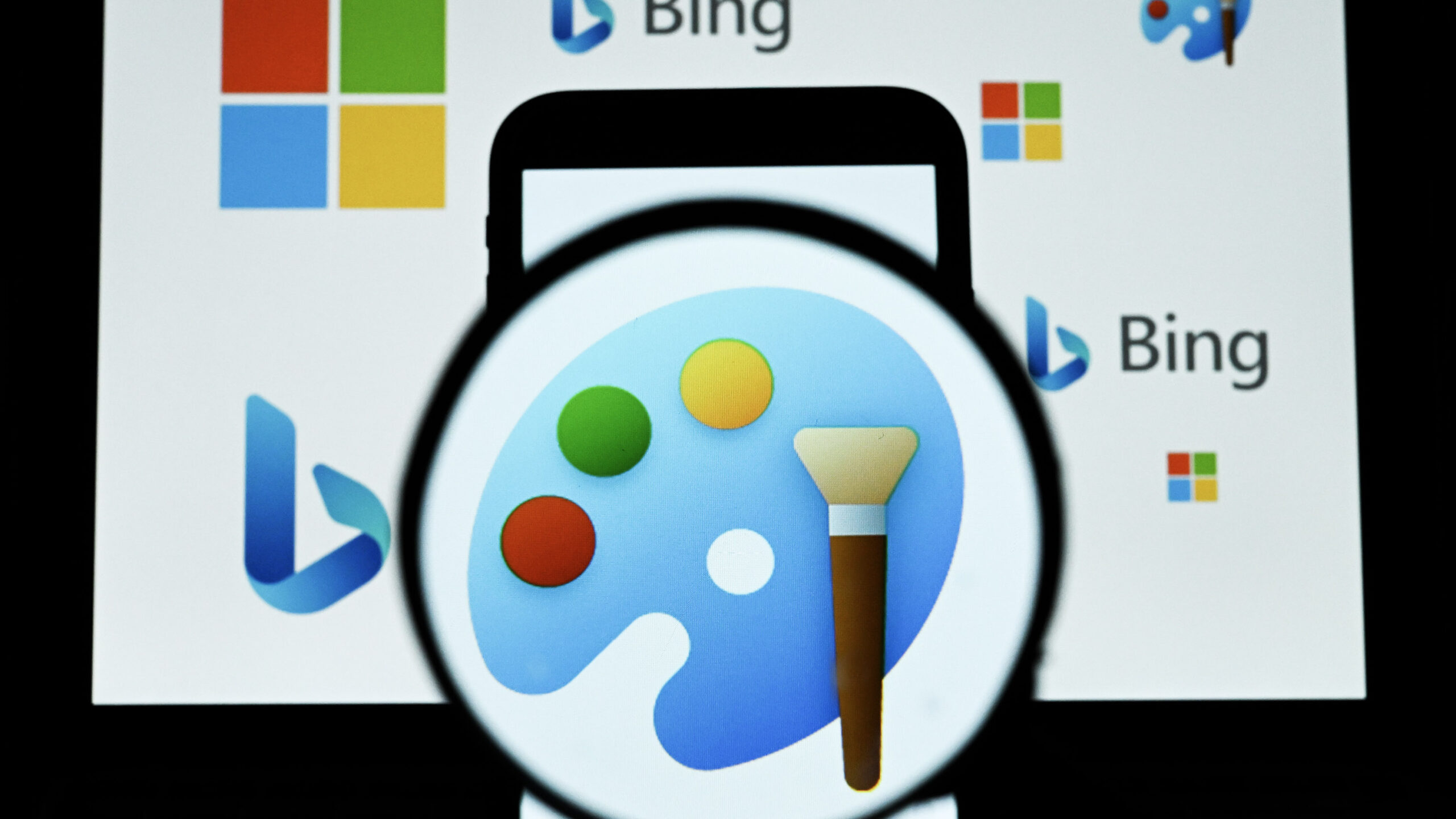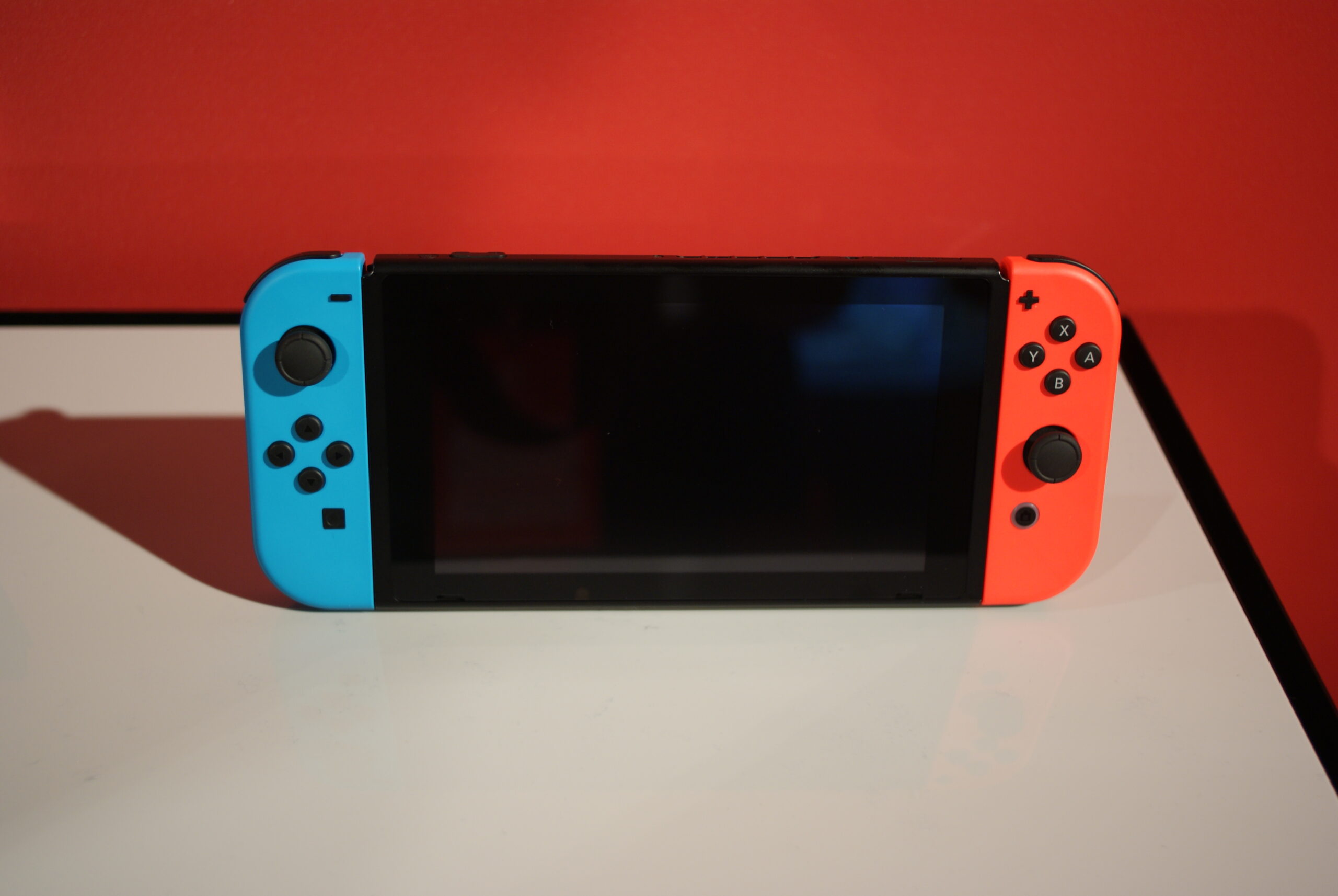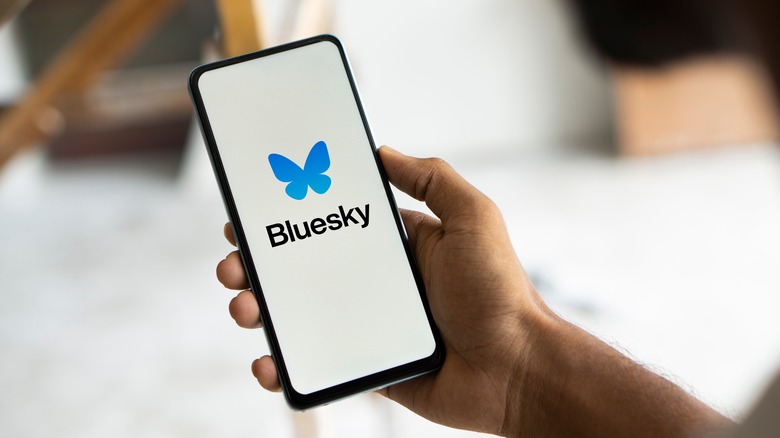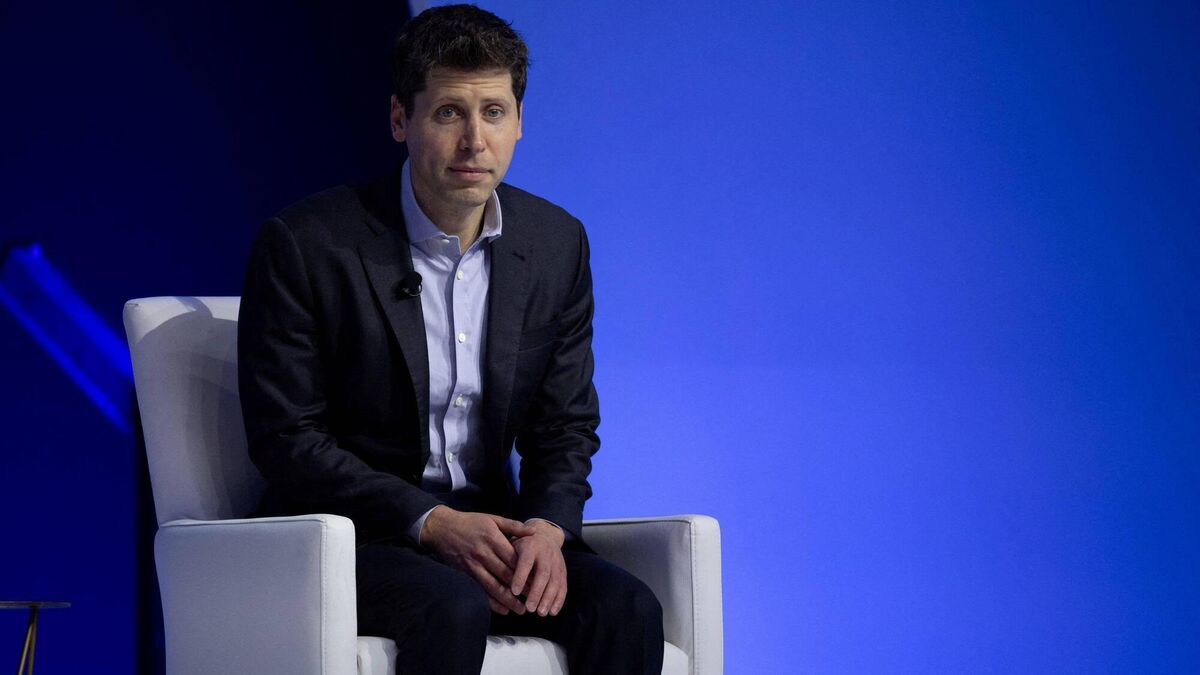Bluesky quietly launched a new verification program on Thursday, allowing “notable and authentic” accounts to apply for a blue verification badge through an online form. Organizations can also apply to become Trusted Verifiers, granting them the ability to verify other users. The company began testing this feature last month with select organizations such as The New York Times, Wired, and The Athletic.
For some Bluesky users, the blue badge raises concerns about replicating the clout-focused culture that plagued Twitter (now X), where verification became a coveted status symbol and later a paid perk. Bluesky aims to differentiate itself by adding more flexible verification paths, including domain-based self-verification. Over 270,000 accounts have already linked domains like “@npr.org” to prove authenticity.
Verification Criteria and Process
Bluesky requires verified accounts to be active, complete, secure, and represent real persons or legitimate entities with official websites where applicable. The “notability” bar is less clear, with the platform stating accounts must be notable within their field and region. Factors include professional recognition, media coverage, and presence on credible platforms. Applicants must provide evidence to support their claims, but specific criteria for different verification categories remain unspecified.
The company will only respond to applicants who are selected, indicating a manual review process that must identify prominent figures and ensure quality control. This process raises questions about transparency and how Bluesky will maintain fairness in its verification program.
Verification’s Impact on Bluesky’s Culture
The move toward verification could alter Bluesky’s community dynamic, which has so far avoided the hierarchical tendencies seen on other platforms. Some users might have preferred a wider rollout of Trusted Verifiers first, to emphasize a decentralized approach to verification.
Deer.Social, a forked version of Bluesky, offers a more democratic verification system where users choose who they trust as verifiers and can see verified accounts through their trusted network. This decentralized method contrasts with Bluesky’s more centralized verification process and offers an option for users wary of centralized control.
Author’s Opinion
Verification badges can help users identify trustworthy accounts, but the challenge is doing so without creating elitism or gatekeeping. Bluesky’s cautious approach is understandable, but they should focus on transparency and community involvement to avoid repeating mistakes seen on other platforms.











